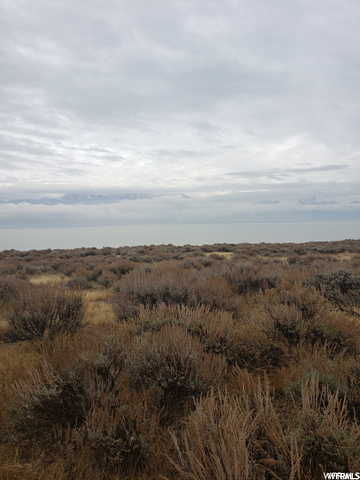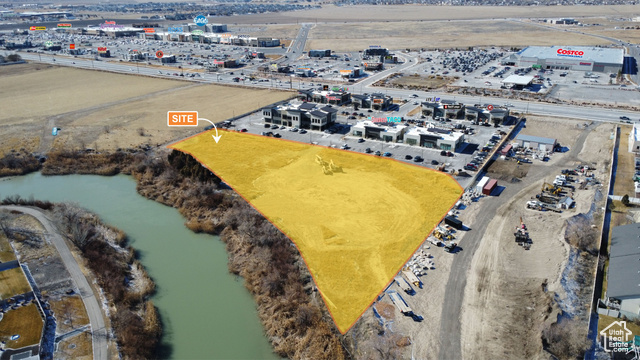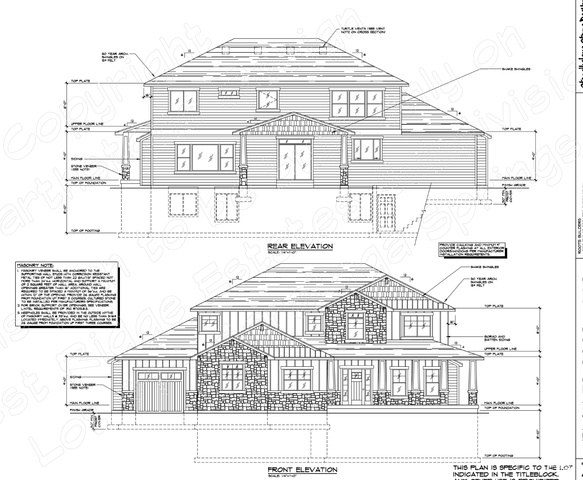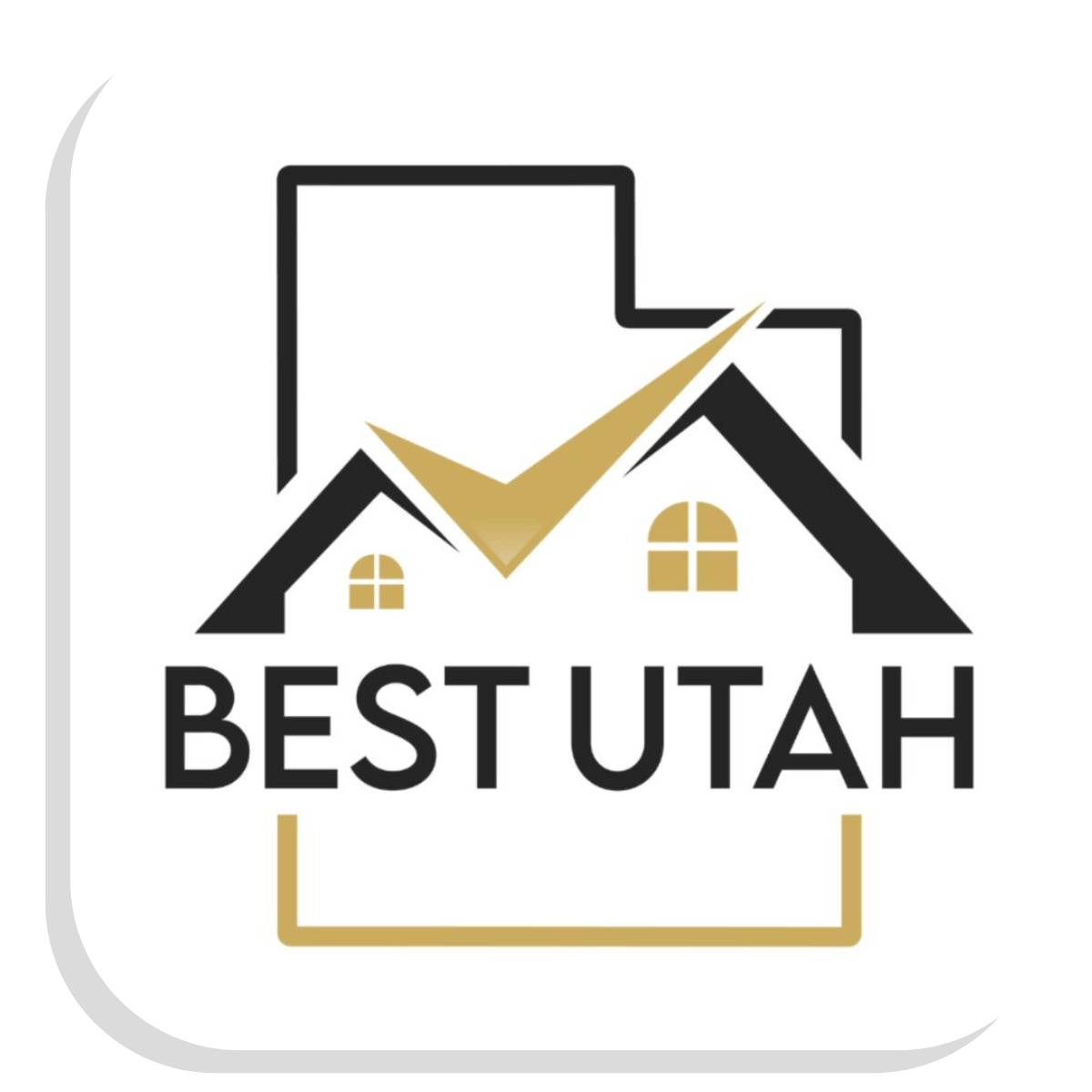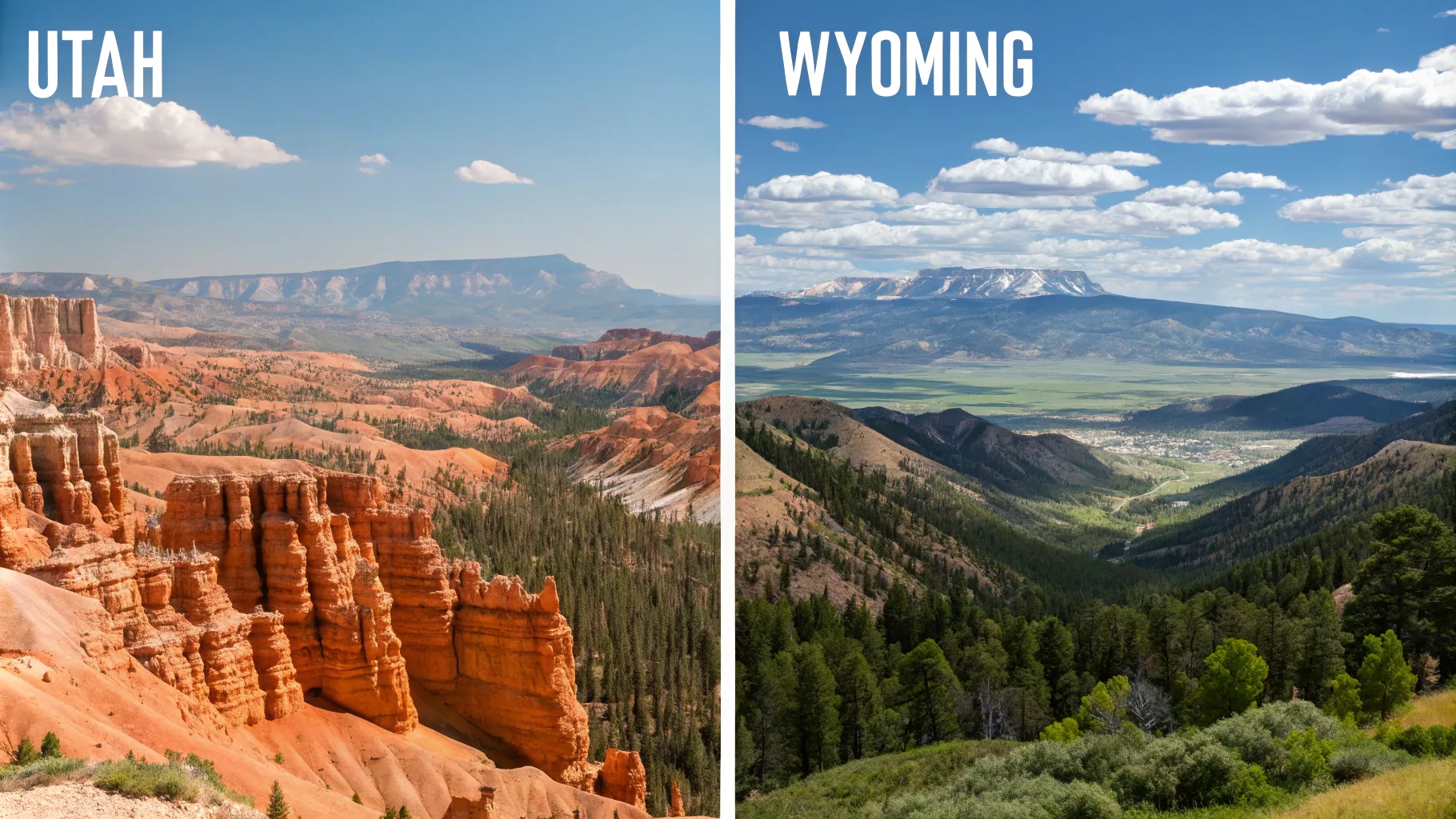
The Western United States is becoming more attractive to investors as industries expand their operations due to lower tax rates, affordable property costs, and more. Utah and Wyoming are popular choices, but it can be challenging for those unfamiliar with the area to know which will generate the highest return on your investment.
Here are four reasons to help you decide which state is best to invest in. While various factors determine which is right for you and your background, Utah is generally considered to deliver a better return.
1. Population Growth
Utah's population growth has historically been among the fastest in the United States. While it shows signs of slowing down, it is still higher than Wyoming. According to the U.S. Census Bureau, Utah boasts a 1.1 percent population increase, while Wyoming has about a 0.42 percent increase.
Utah is among the youngest states with the lowest median age, so it consistently has high birth and low death rates. Additionally, its economy continues to be strong, with new jobs added yearly across various industries. Many residents from other states and countries are moving to Utah due to its low cost of living and high quality of life, significantly contributing to its growth.
Wyoming has a low population density, so people looking for more property for less may find it more attractive. The median home price is lower than the national average; however, there are also fewer amenities to entice residents and businesses. As a result, Wyoming can be a riskier investment.
2. Stronger Economy
Wyoming's economy is heavily tied to the energy sector. According to the U.S. Energy Information Administration, Wyoming produces about 12 times more energy than it consumes. While Wyoming produces the most coal, it also yields significant natural gas, oil, solar, and wind power. These are essential to the United States economy; however, they are less attractive to investors.
This is because the state is reliant on a single, centralized industry. If there is a disruption, it is immediately felt within the state's economy. Many investors prefer states with a more diversified economy, like Utah, where various industries call it home, including technology, healthcare, and outdoor recreation.
Both states boast low unemployment rates significantly lower than the national average. The economies are strong, but Utah tends to be less risky. Because there's more variety in job opportunities, Utah can more effectively weather economic challenges. If something goes wrong, it will not be as devastating to the overall economy as in Wyoming.
3. Investment Opportunities
Because Utah's economy is more vital, there are more investment opportunities. These include real estate, technology startups, retail locations, franchises, and restaurants. Investors can generate higher rental rates and returns on investments in Utah.
However, both states offer similar financing opportunities for investors. Utah or Wyoming debt service coverage ratio (DSCR) loan takers consider the income the property will generate. Lenders determine whether the revenue covers the monthly mortgage payment, property taxes, insurance, and other expenses. As long as the property still has a profit with room for unexpected costs, a DSCR loan is often the best choice for investment properties.
If not, investors may consider hard loans, conventional loans, or even personal loans to cover the cost of renovating and selling a property at a higher price. Lenders can help you understand your best financing option based on your goals, but there is more variety in investment property options in Utah.
4. Tax Advantages
One area where Wyoming excels is its tax advantages. There is no state income tax, franchise tax, or corporate income tax in Wyoming. These incentives are meant to entice companies to relocate to the state; however, recruiting and retaining talent within the state can be challenging.
Utah also offers tax advantages, and while they are not as beneficial as Wyoming's, they are still attractive. Utah has a 4.95 percent state income tax rate and a 5 percent corporate tax rate. However, Utah offers tax credits, incentives, and exemptions to offset these costs. Together, these help reduce the taxes businesses must pay, increasing their overall profit.
Additionally, you can create an LLC in both states to help reduce your overall costs, but the fees are slightly higher in Utah.
Conclusion
There are pros and cons to investing in both states. Wyoming has more tax advantages, but Utah's overall economy is more robust. As a result, Utah's population is growing faster, leading to more investment opportunities. These benefits are all tied together, making Utah the better choice for investment properties.
Whether you're looking for homes to rent, condo buildings to buy, or retail storefronts to lease, Utah has something to offer most investors. It continues to be an attractive choice, yielding a high return and generating passive income that can set you up for a lifetime.
Posted by Kristopher Larson
Related Articles:
- 5 Things To Know About A Neighborhood Before Moving In
- Utah And Wyoming Which Is More Attractive To Investors
- Mortgage Rates Plunge Is Now The Time To Refinance Your Mortgage
- Three Financial Mistakes Home Buyers Make
- How To Sell Your Home In Utah The Ultimate Sellers Guide
- Why People Are Fleeing Florida For St George Utah
- Modern Outdoor Lighting Types That Can Boost Your Homes Value
- Why Fixed Mortgage Payments Are Better Than Rising Rents
- How Trumps Executive Order Could Transform The Utah Real Estate Market
- Seller Financing Homes Utah
- Are Vacation Rentals Allowed In St George Utah
- St George Vs Hurricane Utah Best Place To Live



